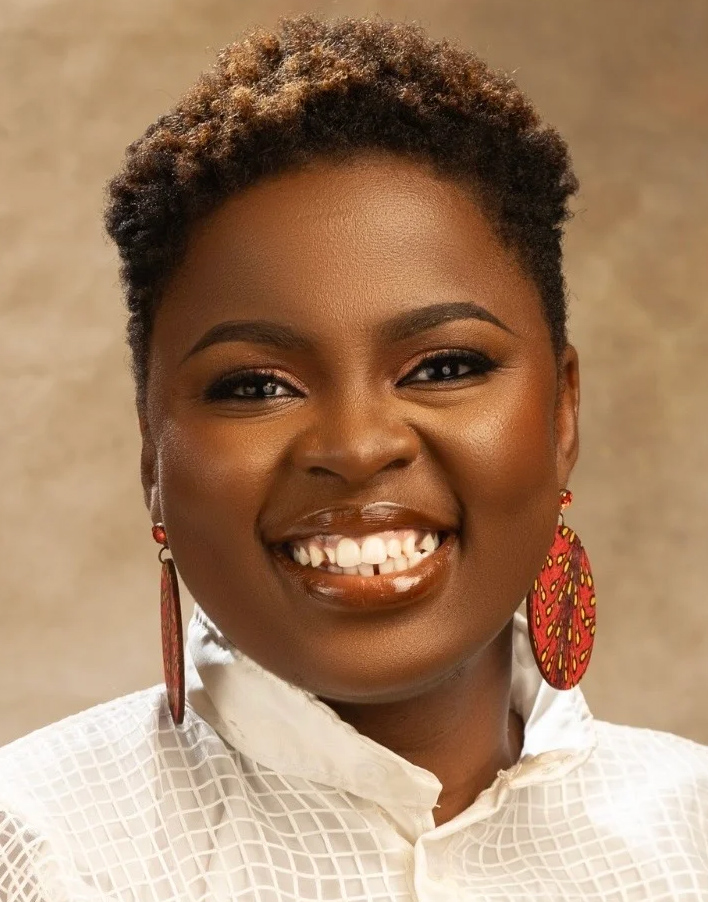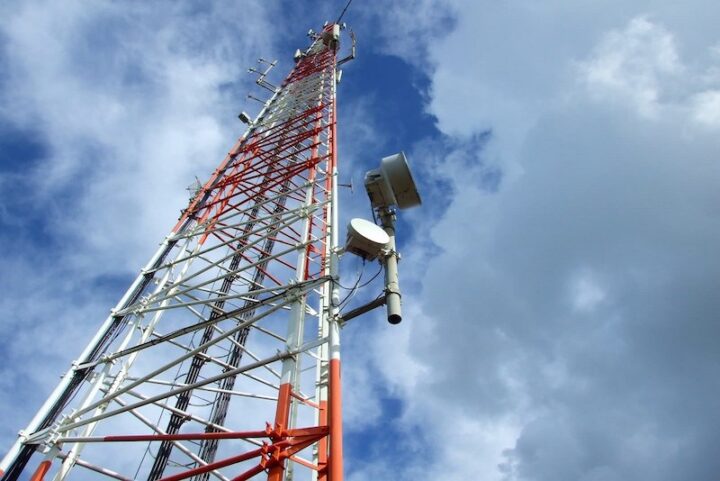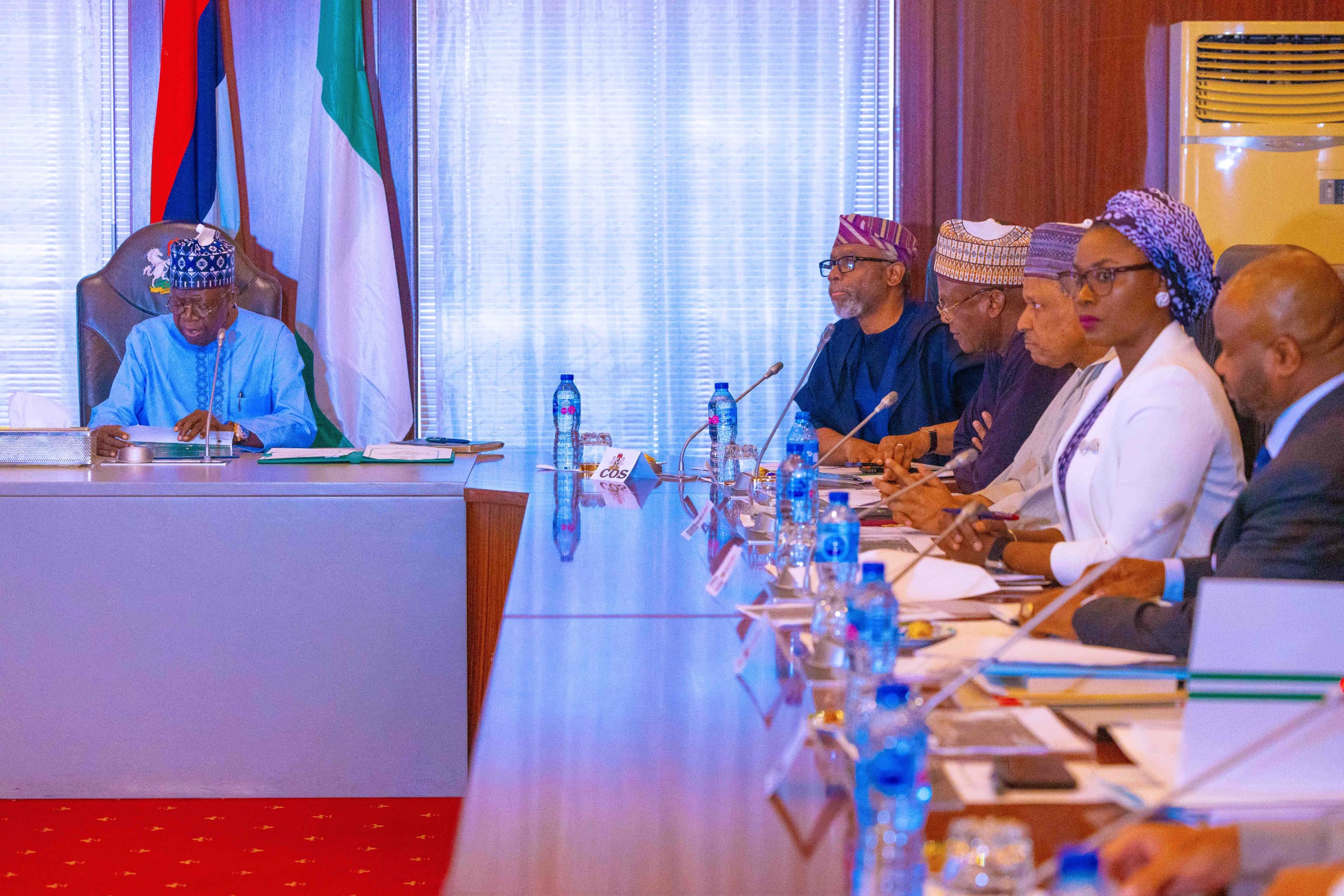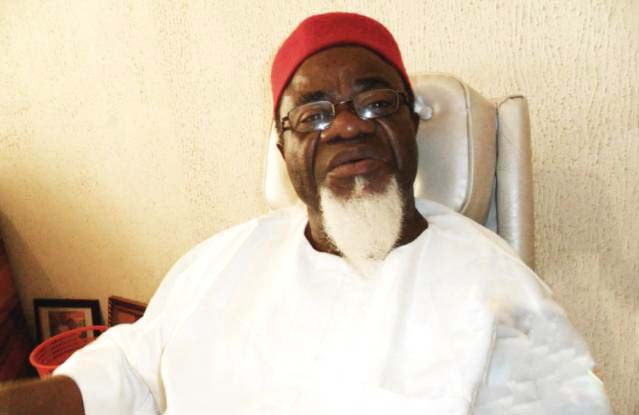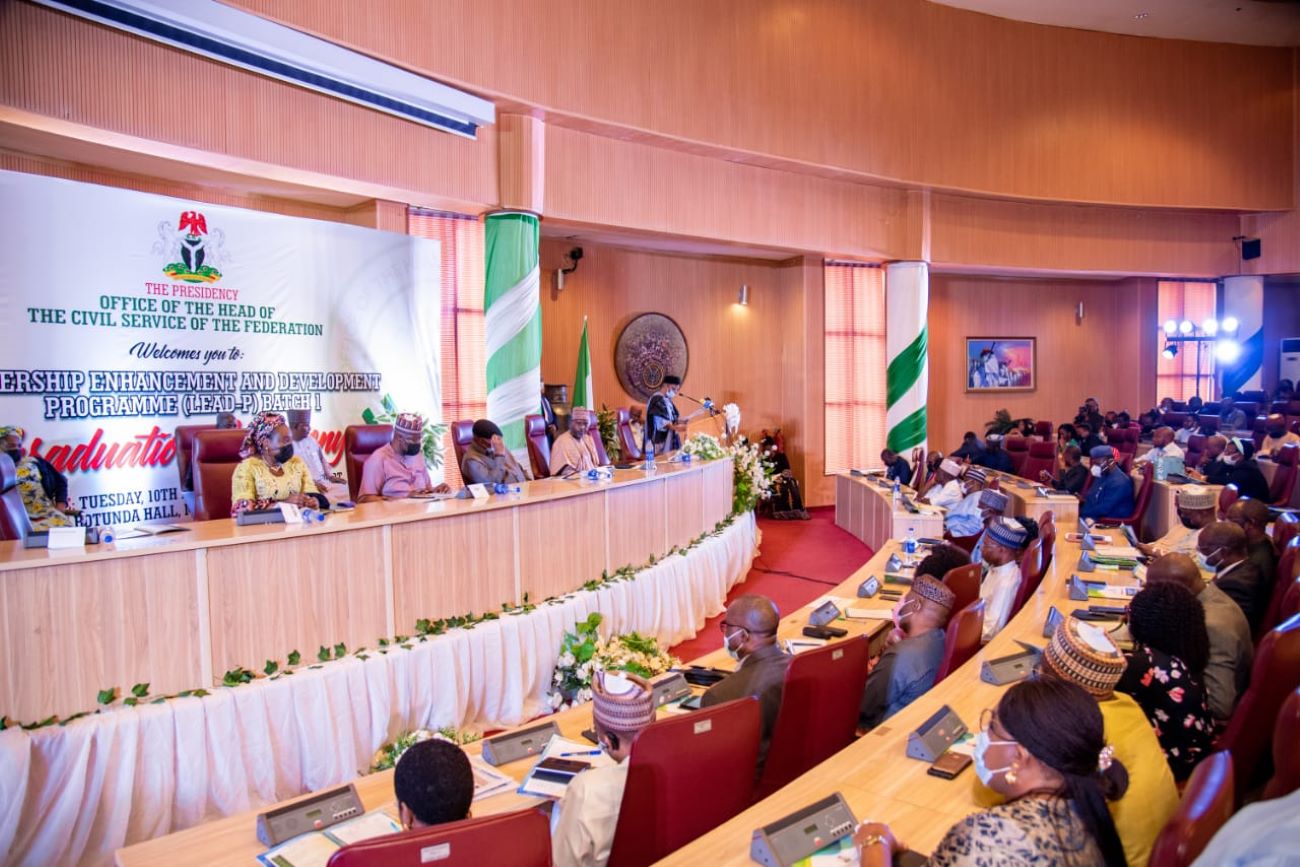In my PhD seminar class last year, I had to write a paper where I traced my journey of discovering I loved science in primary school, choosing it in secondary school and university, up until becoming a STEM Education Researcher.
In a recent conversation with my colleagues, where I was defending my research interest in bringing “exploration and child-like creativity” back to science classrooms, especially at the higher education level, I had to call this paperback to mind. I told my colleagues that my experience with science has been a typical case of what the digital generation calls “What I ordered versus what I got”. Here’s why.
My journey into science was sponsored by curiosity. Science made me curious about why and how things around me–animate and inanimate–work the way they do. I remember the days in primary school of planting bean seeds as “science practicals” and how fascinated I was watching them grow. So this is how the beans I occasionally eat came to be! I loved Mathematics.
Mathematics was a major bridge between my world at school and my world at home. I loved how I could use algebra to figure out how much change I needed to give a buyer who gave me N100 bill and purchased four Omo sachets at N15 each and 3 biscuits at N5 each from my self-made little stall at home. I loved how my primary 5 teacher, Uncle Sunday, taught us to explore our own creative ways to remember important science facts like the first 20 elements of the periodic table. By the time I was leaving his class, I already knew those 20 elements and their atomic numbers by heart because our class took a popular Christian song tune (Omo Olórun tó ńparó) and rewrote it with the 20 elements as the new lyrics. It was so exciting, not just because we found a unique way of remembering those elements but because we, the pupils, were fully involved in creating that unique way. I was only 9 years old!
Advertisement
The science I knew then empowered me. It made me feel like a knowledge creator, not just a pushover who only had facts handed to her as if she couldn’t think for herself. The science that I knew was full of exploration, of figuring things out and finding out why. That science felt like a thrilling invitation to explore the deeper mechanisms of how the world works and why it works the way it does. It was an invitation to co-create, to have a voice, to use my mind, and to cultivate my intellectual agency.
Choosing science as my major when moving into senior secondary school was me saying yes to that invitation. Nothing prepared me for how bland science was going to become in the next few years. Higher education was my chief culprit. I watch as figuring things out gives way to mindless cramming. I saw the thrill of exploration give way to simply knowing and accepting what the lecturer said as correct. I got used to sitting down inside a class mute, watching a teacher reel off the science facts that I needed to memorize for an exam I needed to pass to be called a scientist. I couldn’t help but wonder sometimes: Was this how Albert Einstein became a scientist? Was this how Isaac Newton learnt physics? Was this how Thomas Edison was taught that led him to invent the light bulb? This cannot be it. This is not the science I was promised signing up.
The science I ordered was supposed to stimulate me intellectually. Even when I had to simply know some facts, the science I ordered allowed me to explore creative ways of knowing it. The science I ordered was based on asking questions, not just waiting for answers. The science I ordered focused on piquing my curiosity and making me interested enough to want to go off on finding answers on my own, not solely depend on a teacher as an island of knowledge. The science I ordered allowed for messy sense-making and wadding through confusion and mistakes. The science I ordered helped me connect my academic world with my other life realities.
Advertisement
The science I got felt far from all of these. I felt like my agency was robbed. In fact, in another paper where I was describing how the challenges in my own education experience and how it led to my interest in science education research, I wrote:
I felt no creative connection between the ways of knowing and the information I acquired. Most of my learning was merely a knowledge acquisition process that was more about gulping established facts than understanding and participating in the creative process that led to the facts. I was a passive acquirer with neither a contributory voice nor artistic confidence. I was like an empty bowl that had been poured into from the outside, bearing no real sense of connection with my content. I could write or say the knowledge I had learned to get beautiful grades, but it usually lacked originality to me. It was all external, distant, and cold; something I was always worried I was going to lose if I didn’t hold on tightly
My experience with science has been one of my greatest motivations to keep advocating and charting the course for the kind of science that is engaging, exploratory, and intellectually stimulating, especially at higher education. We need more science students who experience the kind of science that empowers them, strengthens their creative confidence and pushes them towards exploring their innovative minds at all education levels. That is the kind of science I desire to see students experience. That is the kind of science students deserve.
Oluwatoyin is a Doctoral Researcher in STEM Education, Social Entrepreneur and Education Policy Advocate. She writes from Nigeria and United States. She can be reached at [email protected] or on LinkedIn here.
Advertisement
Views expressed by contributors are strictly personal and not of TheCable.
Add a comment
